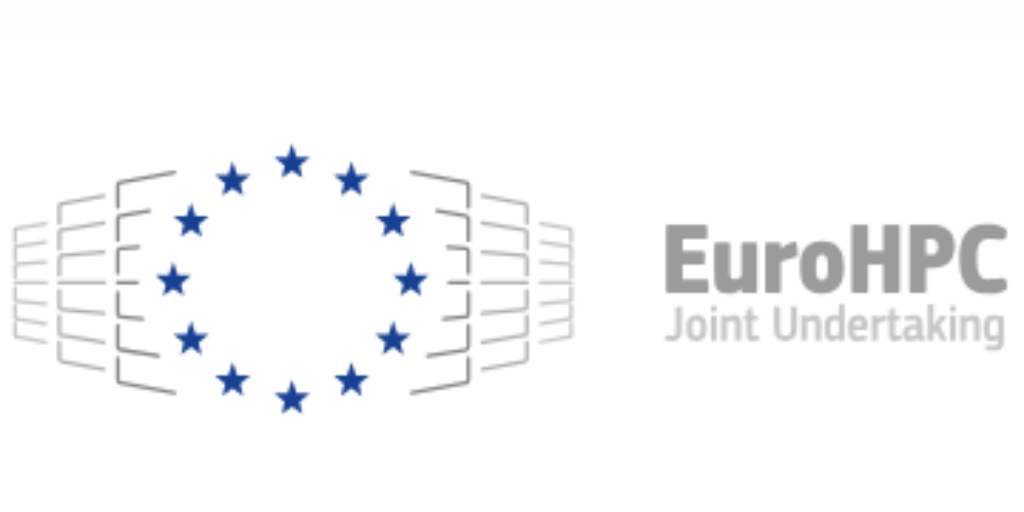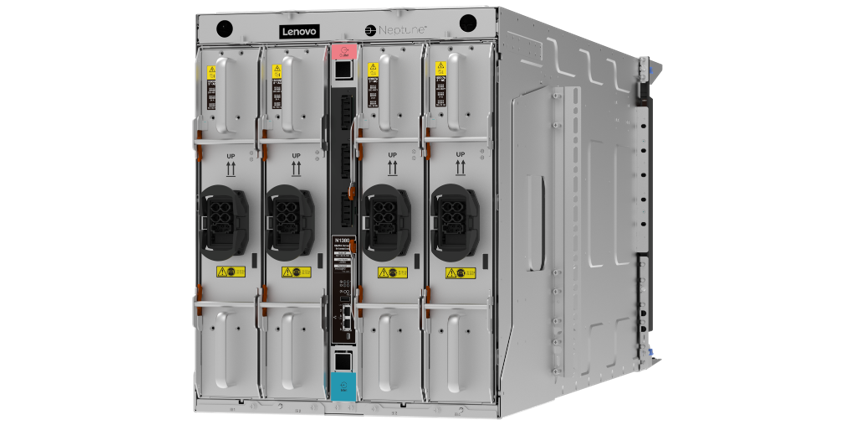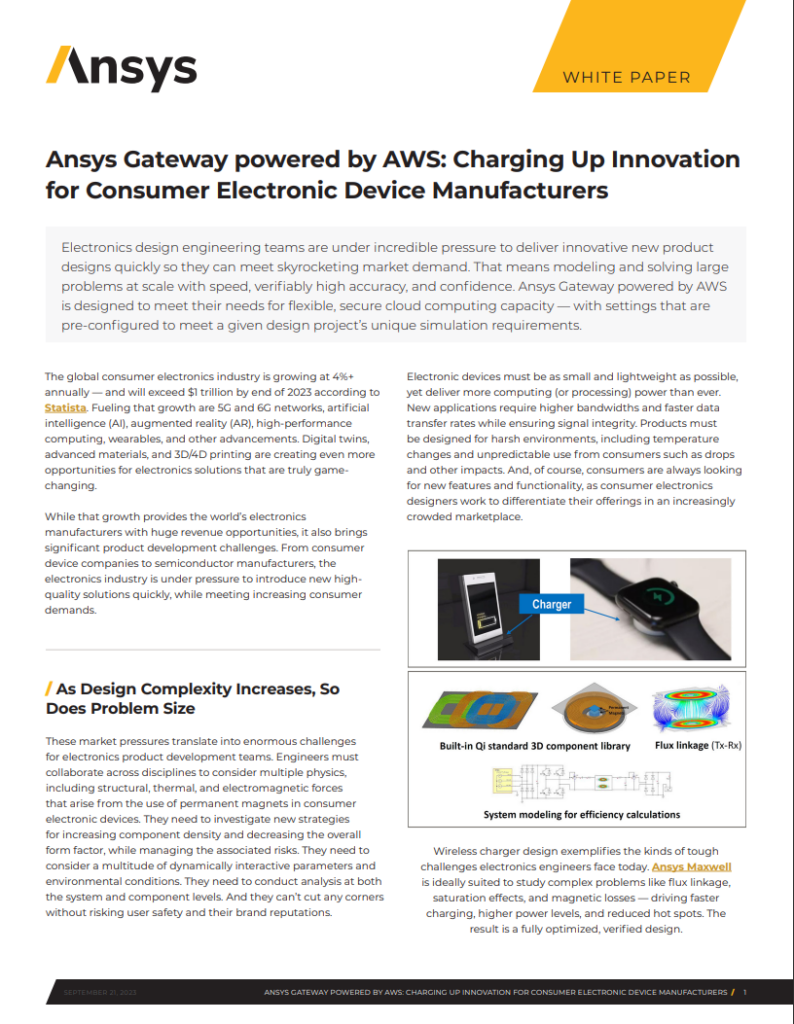The European High Performance Computing Joint Undertaking (EuroHPC JU) has launched a call for tender for the installation of LUMI-Q, a new EuroHPC quantum computer to be located in Czechia and integrated into the EuroHPC supercomputer KAROLINA.
EuroHPC JU said LUMI-Q will be a digital quantum computer based on superconducting qubits in a star-shaped topology providing one-to-all qubit connectivity. The star-shape topology minimises the number of so-called swap operations, which enables the execution of very complex quantum algorithms. LUMI-Q will offer at least 20 physical qubits.
The system will be hosted and operated by IT4Innovations National Supercomputing Centre (IT4I) in Ostrava, Czechia and integrated into the EuroHPC supercomputer KAROLINA.
LUMI-Q will be available to a wide range of European users, from the scientific community to industry and the public sector. The upcoming quantum computing infrastructure will support the development of a wide range of applications with industrial, scientific and societal relevance for Europe, adding new capabilities to the European supercomputing infrastructure.
The acquisition and integration of quantum computers into existing HPC data centres is EuroHPC’s first initiative to procure quantum computing hardware directly, which will be owned by the EuroHPC JU.
In November 2023, the EuroHPC JU also launched a call for proposals on European Quantum Excellence Centres (QECs) to establish knowledge hubs for quantum computing and thus fostering the development of a quantum computing ecosystem. The call is open until 14 May 2024. To complement the upcoming quantum infrastructure, additional calls targeting the development of hybrid HPC-Quantum Computing middleware technologies, as well as hybrid algorithms and applications, are planned for the near future, ensuring a holistic approach for the development of a European quantum computing ecosystem.
The total cost of the system is EUR 7.0 million and will be co-funded by the EuroHPC JU and the LUMI-Q consortium. The LUMI-Q consortium is a true pan-European collaboration effort with 9 European countries involved: Czechia, Finland, Sweden, Denmark, Poland, Norway, Germany, Belgium and the Netherlands.
The closing date for submission of an application to tender is 2 April 2024 at 16:00.
More information can be found here.
On 27 June 2023, the EuroHPC JU signed hosting agreements with six sites across Europe to host & operate EuroHPC quantum computers.
The selection of six hosting entities followed the view of offering the widest possible variety of different European quantum computing platforms and hybrid classical-quantum architectures, giving Europe the opportunity to be at the forefront of this emerging field, and to provide European users with access to diverse and complementary quantum technologies.
This initiative offers a novel interpretation of quantum computers as accelerator platforms in genuine HPC environments. The foreseen integration will require essential R&D developments towards a hybrid software stack managing both HPC and quantum computing workloads. All Hosting Entities will collaborate closely with European Standardisation bodies during the integration work.
These six quantum computers will come on top of two analogue quantum simulators currently being deployed within the EuroHPC JU project HPCQS , which are based on neutral atoms supplied by the French company PASQAL. HPCQS is the first initiative towards a federated European quantum computing infrastructure, tightly integrating two quantum computers, each controlling 100-plus qubits in the Tier-0 HPC systems Joliot-Curie of GENCI and the JUWELS modular supercomputer at the Julich Supercomputing Centre (JSC).
The EuroHPC JU is a legal and funding entity, created in 2018 and reviewed in 2021 by means of Council Regulation (EU) 2021/1173, with the mission to:
- develop, deploy, extend and maintain in the EU a world-leading federated, secure and hyper-connected supercomputing, quantum computing, service and data infrastructure ecosystem;
- support the development and uptake of demand-oriented and user-driven innovative and competitive supercomputing systems based on a supply chain that will ensure components, technologies and knowledge limiting the risk of disruptions and the development of a wide range of applications optimised for these systems;
- widen the use of that supercomputing infrastructure to a large number of public and private users and support the development of key HPC skills for European science and industry.
In order to equip Europe with a world-leading supercomputing infrastructure, the EuroHPC JU has already procured nine supercomputers located across Europe. Three of these EuroHPC supercomputers are now ranked among the world’s top 10 most powerful supercomputers: LUMI in Finland, Leonardo in Italy and MareNostrum 5 in Spain. KAROLINA is currently ranked as the 113th most powerful supercomputer in the world and the 25th greenest world supercomputer.




